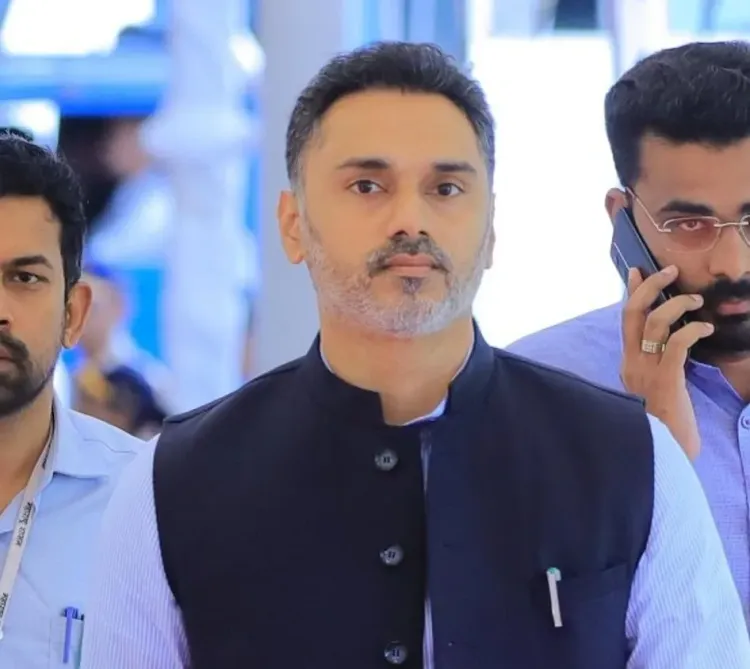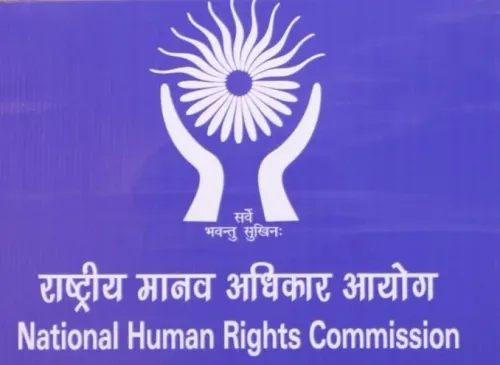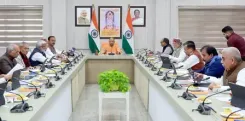How Is PSA Taking Action Against Maoist Ideology Organizations?

Synopsis
Key Takeaways
- Maharashtra's new law aims to counter Maoist ideology.
- 64 organizations are currently operating in the state.
- Legislation is designed to protect the Constitution.
- Urban naxalite threats are being taken seriously.
- Government affirms no misuse of power.
Mumbai, July 10 (NationPress) The Maharashtra Minister of State for Home, Yogesh Kadam, announced on Thursday that the Maharashtra Special Public Security Act recently enacted by the state assembly aims to address organizations that adhere to Maoist ideology.
“There are 64 such organizations operating in Maharashtra that reject the Indian Constitution, necessitating their prohibition. Even if an organization promotes Maoism without resorting to violence, it warrants action. This could not be achieved under the Unlawful Activities (Prevention) Act or the Maharashtra Control of Organised Crime Act (MCOCA). Hence, the government has introduced this law,” he elaborated.
Kadam continued, “In certain districts of Maharashtra and Chhattisgarh, there exist not only Maoist groups but also urban naxalite organizations disseminating Maoist ideology throughout city areas. These groups do not recognize the Indian Constitution; they possess their own constitution, which explicitly states their aim to dismantle the Indian Constitution. The assembly passed the bill via voice vote, with the exception of a CPM legislator who opposed it.”
The Minister assured that the law would not be misused against political opposition.
Previously, Chief Minister Devendra Fadnavis, who introduced the bill, emphasized the importance of safeguarding the state and nation, stating that it is imperative to counter the operations of organizations that threaten the country's democracy and Constitution.
“There will be no misuse of authority. This is a well-balanced piece of legislation, more progressive than laws in Telangana, Andhra Pradesh, Odisha, and Jharkhand,” he remarked.
The Chief Minister noted that while left-wing extremism in Maharashtra has decreased from five districts to merely two talukas, its strategies have adapted.
“Urban Maoists are manipulating youth and inciting unrest against the system. This law will effectively address that challenge,” he concluded.










